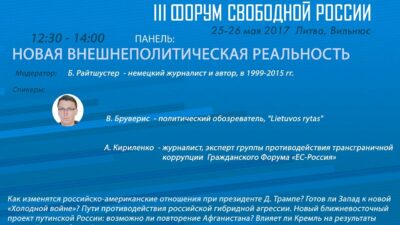The Group of Seven (G7) wealthy nations has urged Russia take action against those conducting cyberattacks and using ransomware from within its borders, as it wrapped up a three-day summit in southwestern England.
In their final joint communiqué issued on June 13, the leaders of Britain, Canada, France, Germany, Italy, Japan, and the United States also called on Moscow to conduct a probe into the use of chemical weapons on Russian soil.
The communiqué said Russia must “stop its destabilizing behavior and malign activities” and “hold to account those within its borders who conduct ransomware attacks, abuse virtual currency to launder ransoms, and other cybercrimes.”
That issue is in the spotlight after a cybercriminal group that the U.S. authorities said operates from Russia penetrated a pipeline operator on the U.S. East Coast, locking its systems and demanding a ransom. Last month’s hack caused a shutdown lasting several days and led to a spike in gas prices, panic buying, and localized fuel shortages in the Southeast.
Describing the practice of encrypting victims’ data and demanding payment for its return an “escalating” threat, the G7 leaders called on all states “to urgently identify and disrupt ransomware criminal networks operating from within their borders, and hold those networks accountable for their actions.”
The G7 called on Russia to “urgently investigate and credibly explain the use of a chemical weapon on its soil” after the Kremlin’s most vocal critic, Aleksei Navalny, was treated in Germany for what German doctors said was poisoning with a Soviet-style chemical nerve agent.
The anti-corruption campaigner has insisted that the poisoning attack in Siberia in August 2020 was ordered directly by Russian President Vladimir Putin, which the Kremlin denies.
Navalny was arrested in January upon his return to Russia from Germany and is now serving a sentence of over 2 1/2 years in prison in an embezzlement case that is widely considered as being politically motivated.
In their statement, the G7 leaders also urged Russia to stop “its interference in other countries’ democratic systems” and “its systematic crackdown on independent civil society and media.”



